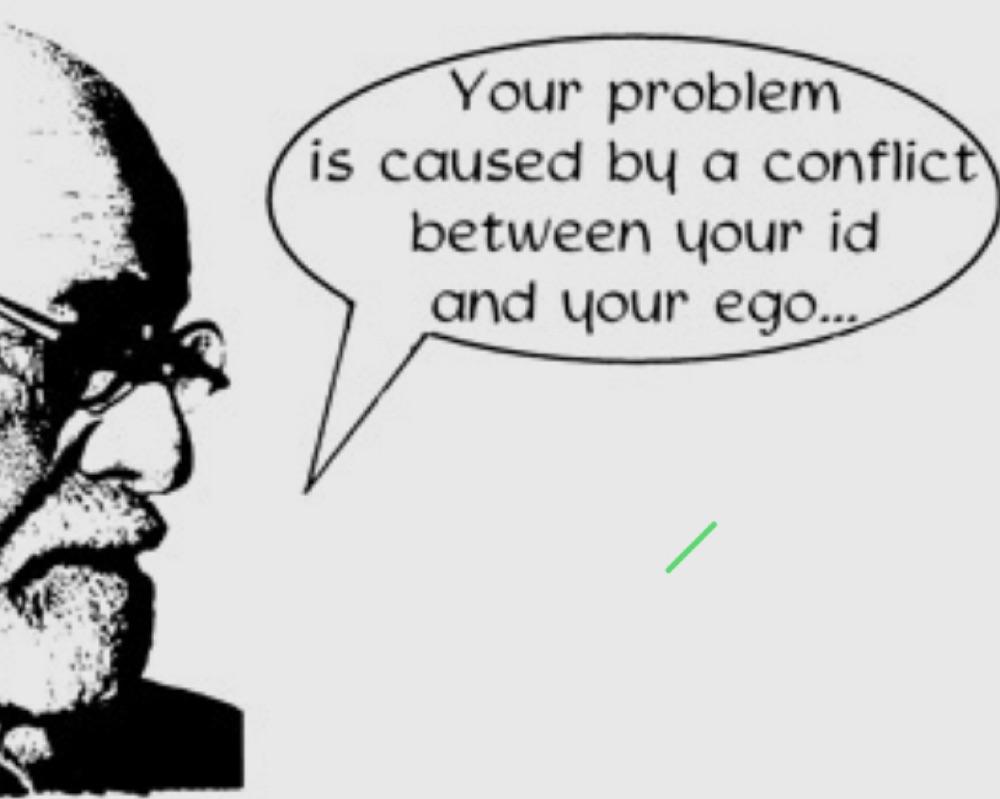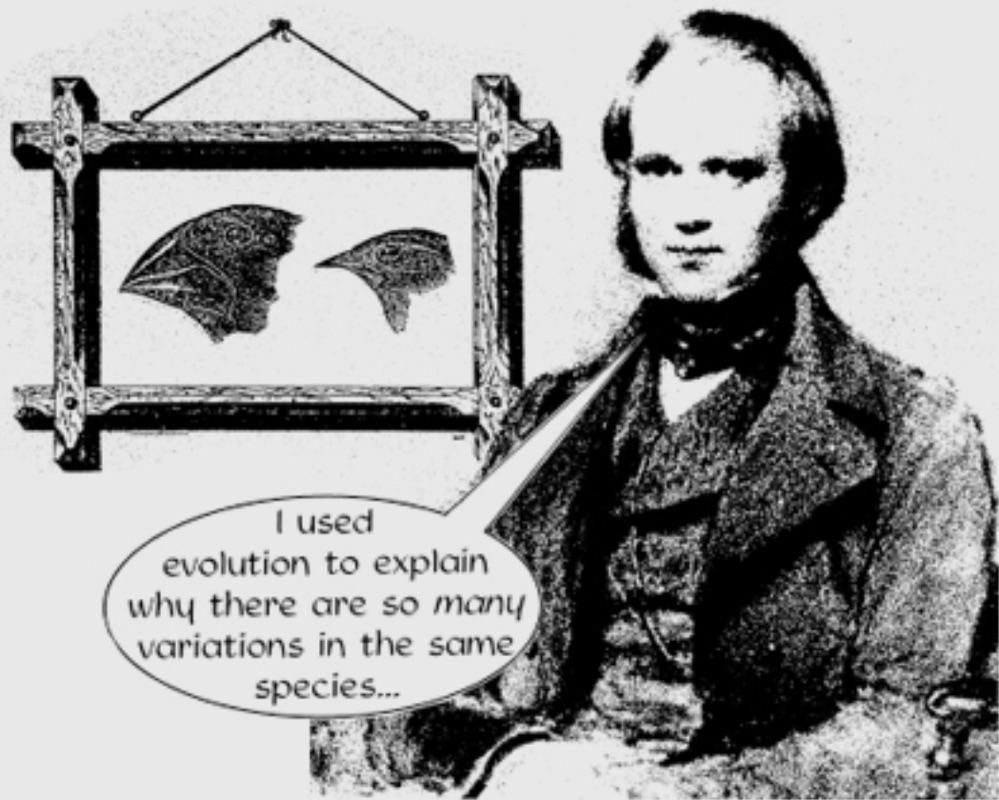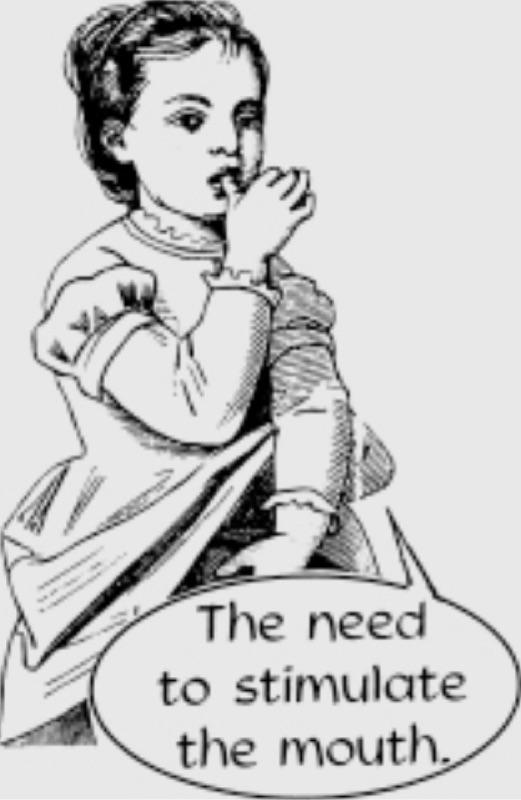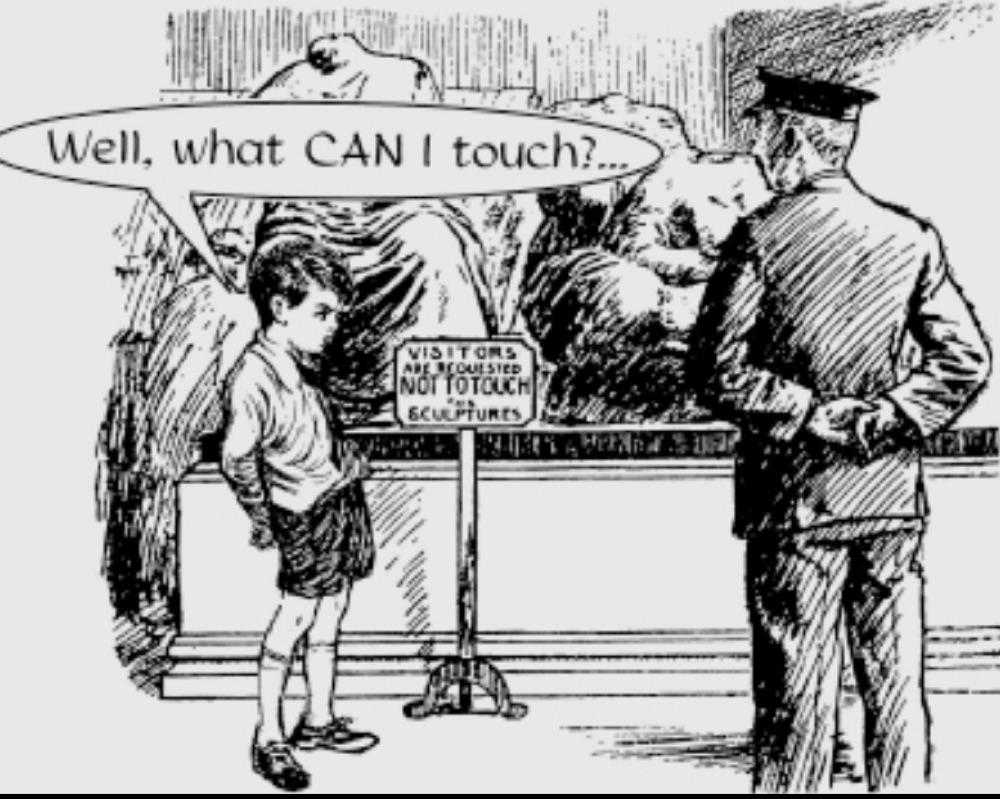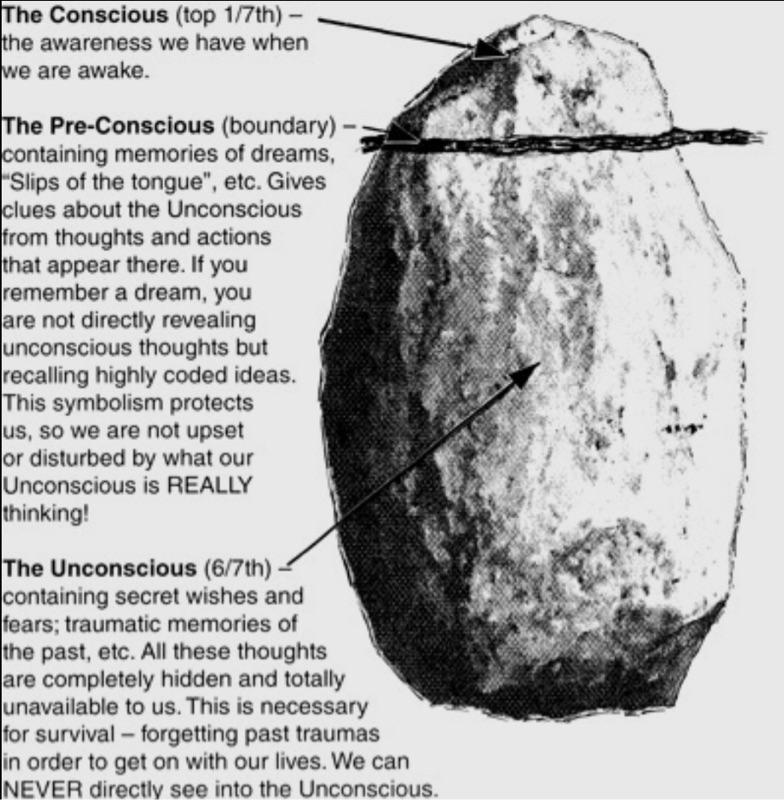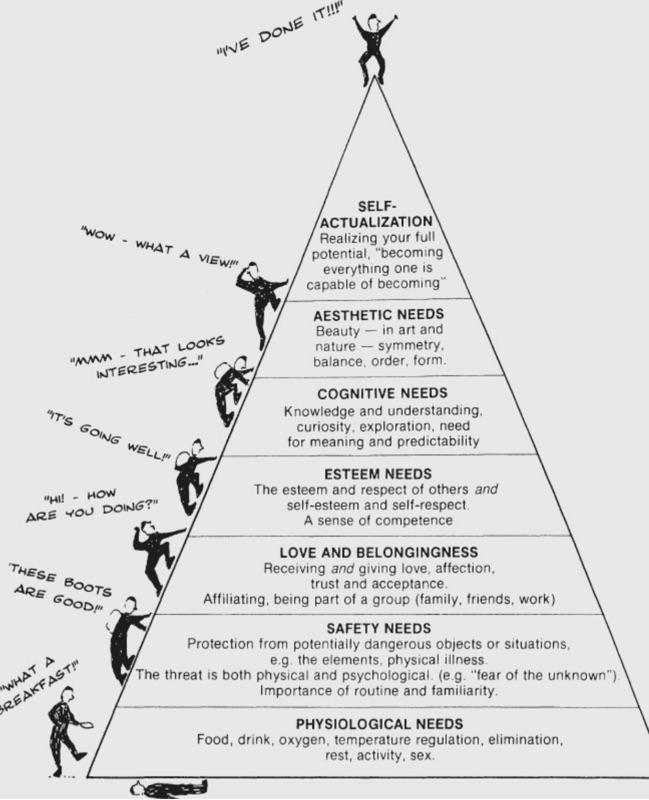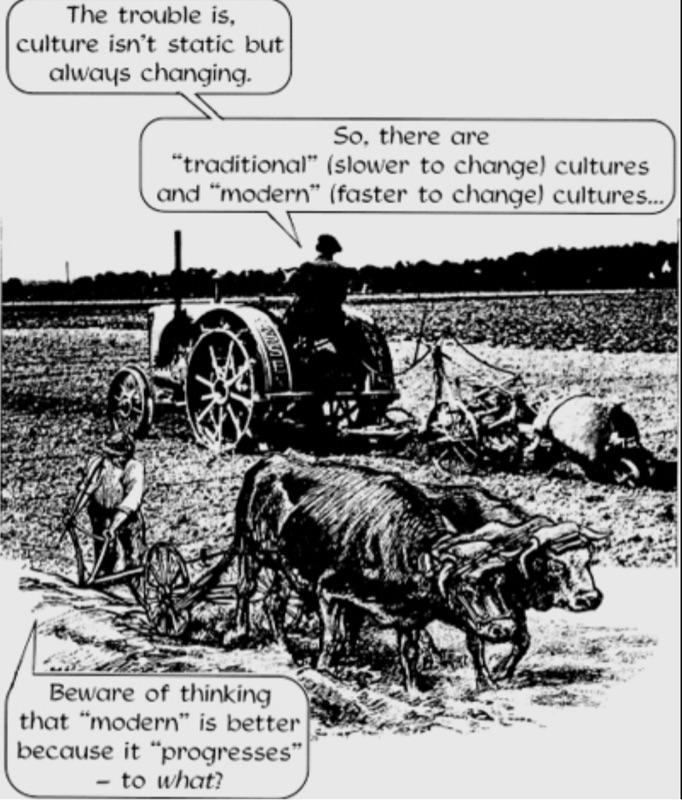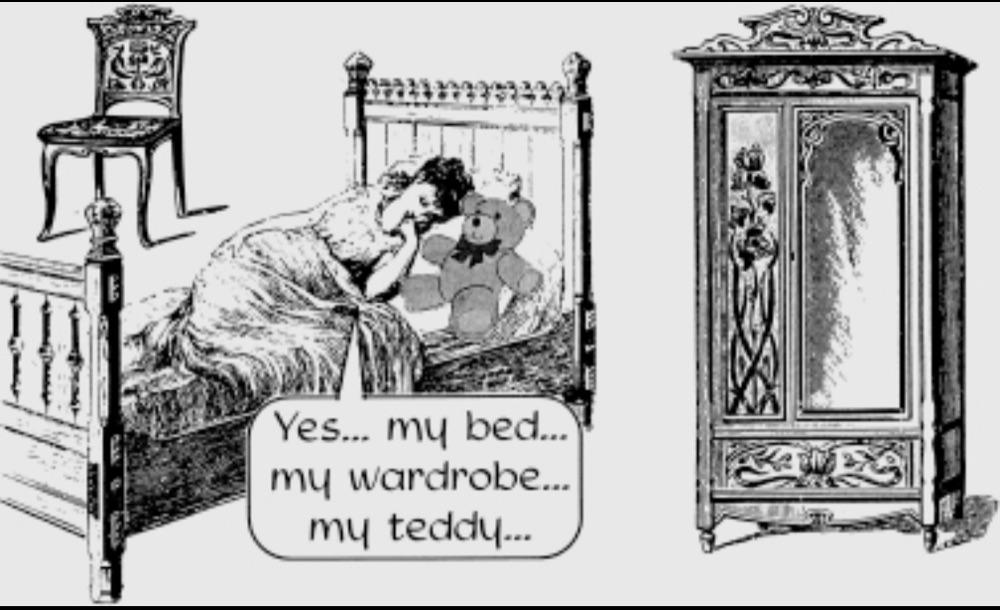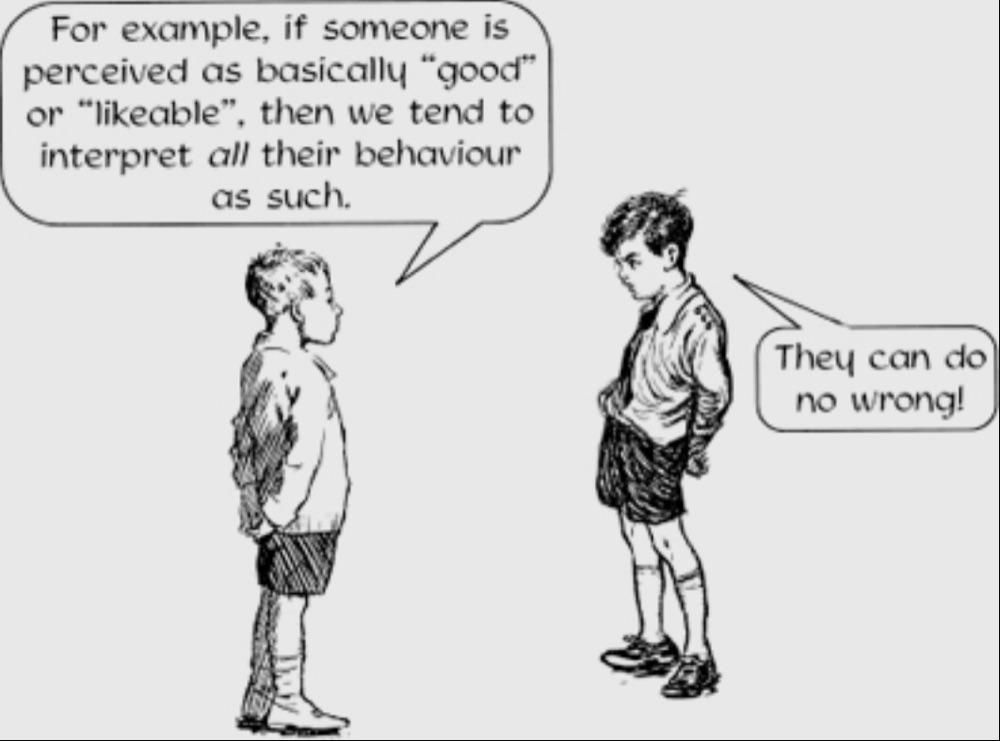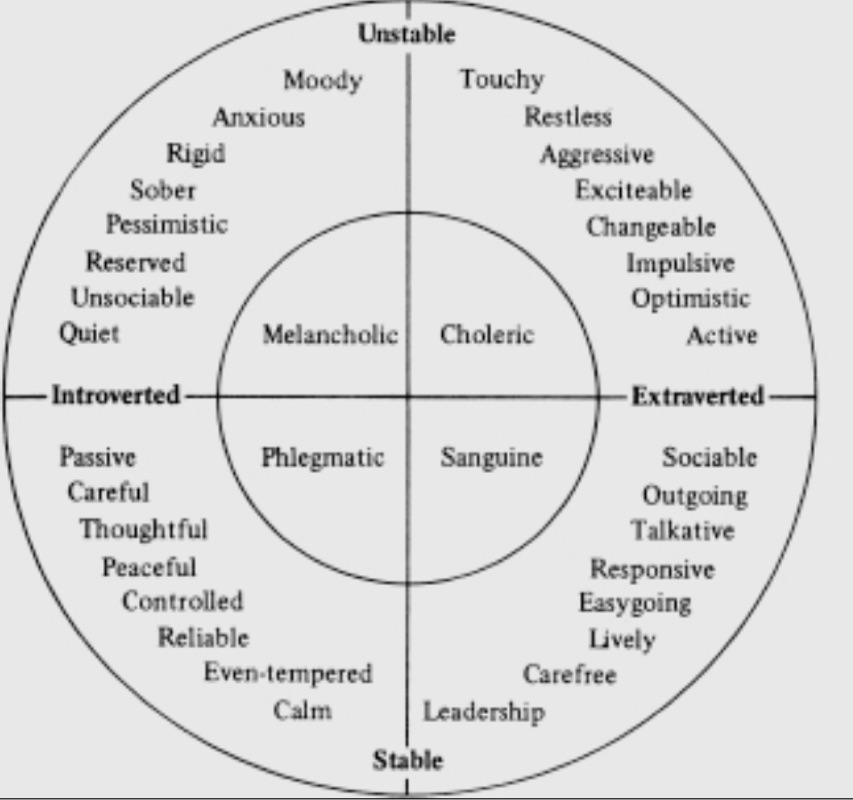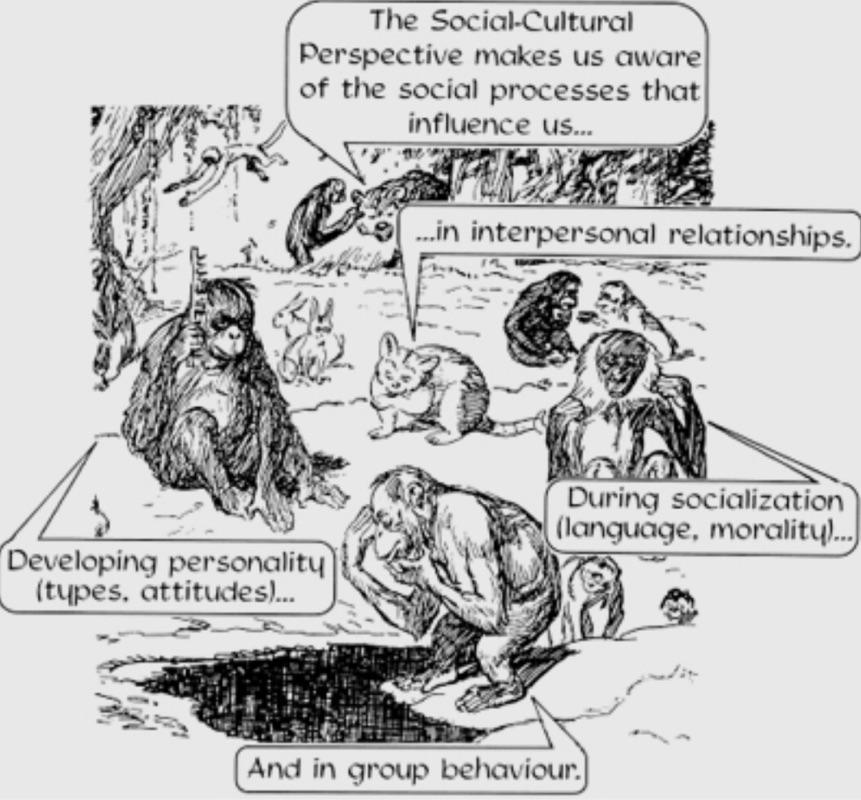Prince Rahul's Key Ideas from Introducing Psychology
by Nigel C. Benson
Ideas, facts & insights covering these topics:
19 ideas
·20.8K reads
81
8
Explore the World's Best Ideas
Join today and uncover 100+ curated journeys from 50+ topics. Unlock access to our mobile app with extensive features.
Introducing Psychology
- “Psychology is the scientific study of the mind and behaviour of humans and animals.”
- Nothing is Certain: We can never be certain about the future. Just because something’s always happened in the past doesn’t mean it will definitely happen in the future.
- Associationism: We assume “cause and effect” associations through experiencing pairs of events, e.g. one billiard ball hitting another.
205
2.47K reads
The Id, Ego and Superego
- The Id is inborn and It operates by The Pleasure Principle– the baby seeks pleasure and avoids the unpleasurable. The Id typically wants immediate gratification.
- The Ego operates by The Reality Principle— To survive, we must sometimes be realistic and plan for the future.
- The Superego (influenced by parents) is the “conscience” or “moral watchdog” that stops us from doing wrong, especially in the sense of being anti- social.
212
2.03K reads
Learning Laws
- The Law of Exercise– repetition strengthens learning. (Or, “Practice makes perfect”.) Learning by repetition is called Rote Learning or “Parrot Fashion”.
- The Law of Effect– the effect of reward is to strengthen learning. (Or, “If it’s pleasurable, it will be repeated”.).
It’s found reward (law 2) to be more effective than mere repetition (law 1).
- Aversion Therapy is replacing “nice” with “nasty”.
Ex: to stop habits such as smoking or alcoholism…
207
1.85K reads
The Psychodynamic Perspective
- “Psychodynamic” means “active mind” - There is mental struggle– especially in the hidden unconscious mind.
- The Libido- “sex drive” is the ENERGY we have that motivates and enables us to survive– sexual activity is one manifestation.
- Intelligence is adapting quickly.
- Reductionism: Reduce propositions to simple facts.
198
1.56K reads
Darwin’s Theory of Evolution
Natural Selection comes in two parts.
- First, changes can occur from one generation to the next. This is now known to be random “mutations” in the genes.
- Second, there is the meaning of “Selection”: Changes that are beneficial give the new individual a better chance to survive.
Where animals fit into the environment in this way is called Survival of the fittest.
194
1.26K reads
The Defence Mechanisms
- ……These are ways to unconsciously protect ourselves from unpleasant ideas. In small doses, they help everyday survival.
- It’s natural to seek situations that give comfort, especially when under stress. Sucking a finger, thumb, pencil, sweet, cigarette, drink etc, is Oral Regression. However, over- use causes problems.
196
1.18K reads
Why Punishment is Often Ineffective ?
…..Because,
- It causes the individual to AVOID BEING PUNISHED rather than stop the undesired behavior. ex: a person avoids getting caught etc..
- It can cause the individual to associate the punishment with the PUNISHER, rather than the BEHAVIOUR.
- It may train an individual about what NOT to do, but it doesn’t train WHAT to do.
210
1.11K reads
How To Reward Or Punish Someone?
- It’s found that the optimum period between response and reinforcement is about half a second, i.e. almost immediately. This is very important. For example, if a parent wants to reward or punish a child, then to be effective it should be done straight away.
- It’s better to use a combination of reward (Positive Reinforcement) and withdrawal of reward (Non- Reinforcement).
199
1K reads
The Cognitive Perspective
- “Cognitive” basically means “Thinking”– perceiving, memory, language, problem- solving, and so on.
- The mind is ACTIVE and constantly looking for MEANINGS. They especially studied this in relation to visual perception, e.g. recognizing a human face.
- Principles of Perception: Perception involves both the sense organs (e.g. seeing) and the brain (thinking).
- When we perceive an object, we experience the WHOLE EFFECT or PATTERN– not just a collection of separate sensations.
200
934 reads
WHOLE EFFECT or PATTERN
- Proximity– because the dots are close together, they are perceived together as a line.
- Continuity– we tend to perceive two lines crossing rather than two V- shapes.
- Similarity– vertical columns are perceived rather than horizontal rows.
- Closure– missing parts are assumed to be hidden or accidental.
- Pragnanz- A sense of “goodness” or “rightness” is often experienced when objects are symmetrical, simple, stable…
- Figure/ Ground Illusions- We tend to perceive some items in the foreground and others in the background.
197
856 reads
Self Actualization
- SELF- ACTUALIZATION: the innate human motivation to ACHIEVE OUR POTENTIAL by using and developing our talents and abilities. Each time we experience such a sense of fulfillment is called a PEAK EXPERIENCE.
- In order to reach Self- Actualization, we have to satisfy lower “needs” that exist at different levels.
- The Hierarchy of Needs: This is like a ladder where, starting from the bottom, each Need must be satisfied before the next Need up can motivate us.(👆)
209
811 reads
The Psychologically Healthy Person Has:
1. An openness to all experience.
2. An ability to live fully in every moment.
3. The will to follow their own instincts, rather than the will of others.
4. Freedom in thought and action, e.g. spontaneity, flexibility
5. Much creativity.
207
832 reads
The Social and Cultural Perspective
- People are so familiar with their own upbringing and way of life that they often forget just how different it can be– not just in other countries but even next door!
- “Socialization”– the process of learning the “norms” or rules of society.
- Culture is the “human- made part of the environment” and comes in two parts: objective (means of transport, cooking equipment, technology) and subjective (beliefs, values, roles).
194
670 reads
Adult Schemas
- Recognition is mainly Assimilation– taking in the surroundings, checking that things are the same, provides comfort and security.
- Learning, is mainly Accommodation– adding new information to change existing knowledge.
If there was too much recognition– if everything stayed the same– then life would be boring. If there was too much learning– i.e. constant newness– then life would be confusing.
195
680 reads
The Halo Effect
The Halo Effect occurs when we generalize a person’s Central Traits. For example, if someone is perceived as basically “good” or “likeable”, then we tend to interpret all their behaviour as such. They can do no wrong! Similarly, someone perceived to be “bad” will tend to be disliked whatever they do!
203
728 reads
The Primacy / Recency Effect
- The Primacy / Recency Effect refers to whether we discover information about someone earlier (Primacy) or later (Recency). The Primacy Effect–“first impressions count”–occurs from the moment of meeting a person (within seconds), and the effect of the face, clothes, mannerisms, speech..
- It’s found that people judged a person to be basically “introvert” or “extrovert” depending on the information given first, even when it was later contradicted.
197
686 reads
Sexual Attraction
- Compatibility: people tend to “pair off” with those who are generally similar or “matching”.
- Rewards and Costs: attention, affection, trust, security, sharing, skills, information, status, money, energy, reproduction, sex…
- Specific Factors
Familiarity and Exposure seems to increase liking (As used in advertising and political campaigning!)–Reciprocal Liking–we tend to like people who we think like us!
196
706 reads
Attitude
An attitude can be divided into 3 aspects:
1. Cognitive–the beliefs (factual & neutral) e.g. “Smoking is a major cause of cancer”.
2. Affective–the emotional feelings e.g. “I hate the smell of cigarettes”.
3. Behavioural–the actions taken e.g. “I only eat in non-smoking restaurants”.
Attitude change can be achieved by working on all three.
205
700 reads
Survival
- Why do many animals form social groups? In one word: SURVIVAL! This applies to both INDIVIDUAL and SPECIES survival.
- Individual Survival requires protection (including shelter from the weather and getting food).
- Species Survival requires reproduction (involving finding a suitable mate, courtship and bonding, and protecting others (especially the off-spring).
192
725 reads
IDEAS CURATED BY
The more one seeks to rise into height and light, the more vigorously do ones roots struggle earthward, downward, into the dark, the deep — into evil.
Prince Rahul's ideas are part of this journey:
Learn more about books with this collection
How to prioritize tasks effectively
How to manage your time efficiently
How to reduce stress and anxiety
Related collections
Discover Key Ideas from Books on Similar Topics
8 ideas
Civilization and Its Discontents
Sigmund Freud
4 ideas
Making History
Richard Cohen
3 ideas
Detecting Deception
Aldert Vrij, Pär Anders Granhag, Bruno Verschuere
Read & Learn
20x Faster
without
deepstash
with
deepstash
with
deepstash
Personalized microlearning
—
100+ Learning Journeys
—
Access to 200,000+ ideas
—
Access to the mobile app
—
Unlimited idea saving
—
—
Unlimited history
—
—
Unlimited listening to ideas
—
—
Downloading & offline access
—
—
Supercharge your mind with one idea per day
Enter your email and spend 1 minute every day to learn something new.
I agree to receive email updates

